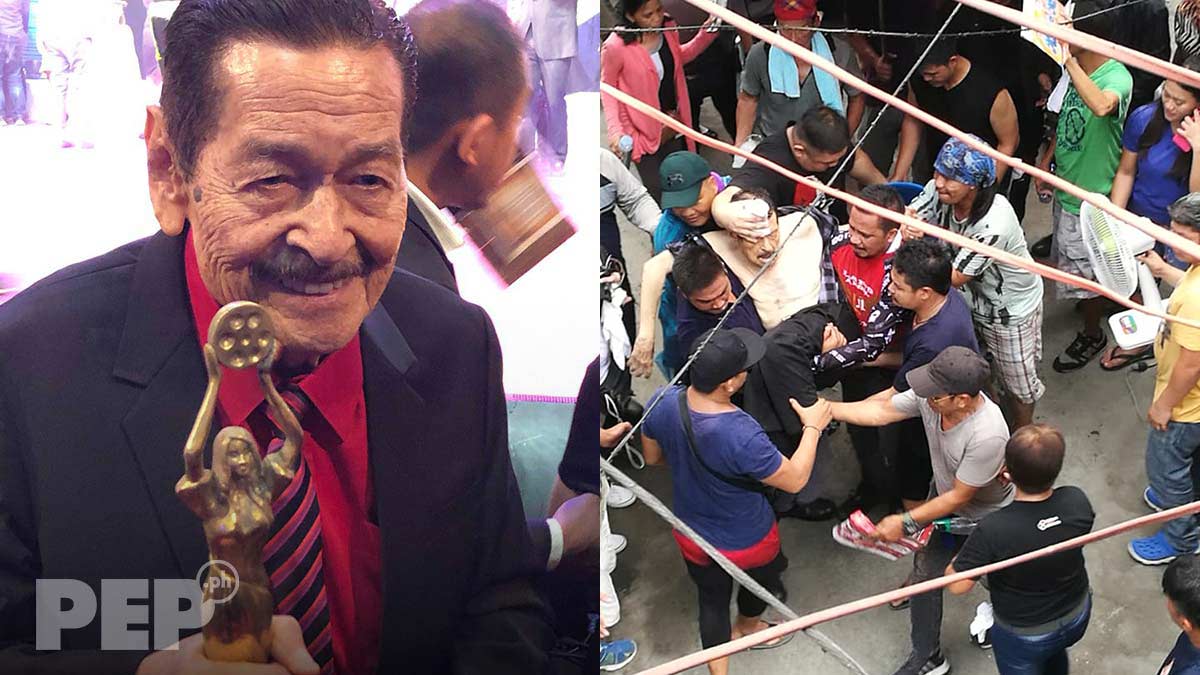 |
| Andy Warhol's Dollar Sign (1981) |
Just like that, and we're already halfway through 2019.
I was listing down my expenses and realized that I've been tracking down my finances for five years now. 2015 was a milestone year for the following reasons:
- I started working two jobs. That means double the salary, which had to go somewhere.
- I finally opened a brokerage account after months of studying.
- I slowly transferred the cash (that's been sitting around in savings--I know!) into equities.
As you can see, I haven't exactly been the most consistent person. There were gaps in the data, like certain periods where for some reason I did not fill in all the variables for certain data points.
 |
| Story of my (stocks) life. |
But because I wanted to have some sort of accomplishment for the first half of the year, I played around with making charts in Google Sheets. I'm still a newbie on that point so even if I wanted to see how cash migrated to equities plus all the other components of one's net worth, I have to be satisfied with what I came up with so far.
The blue bars show how my net worth was inching up to seven digits. In 2015, I had most of my holdings in cash and opened my COL account around July. I had a bit of a windfall because I found out that where I worked at the time (CoRK) got my pay rate wrong, and so they owed me money that amounted to 6 digits. They gave it in one go, which meant there was also a huge tax cut. But still, I was determined to invest that money so that I had something to show for it.
Another bit of a throwback: I remember that period in July-August when the prices of stocks suddenly fell because of fears that Greece would default. I saw that sharp drop down but didn't buy anything because, well, I was a newbie. Still a lot of things of learn.
Another bit of a throwback: I remember that period in July-August when the prices of stocks suddenly fell because of fears that Greece would default. I saw that sharp drop down but didn't buy anything because, well, I was a newbie. Still a lot of things of learn.
My net worth peaked in the First Quarter of 2018--which coincidentally was when my stocks holdings were also at their highest. I remember being so happy that I qualified for the next tier at the brokerage--until I didn't because stock prices dropped. (This was also when my medical expenses started to balloon--probably more connections there I should explore.) My biggest regret is not cashing in enough on those equities, which have since gone down to half its former value. But I'm not really that worried. I have accepted that the price of stocks go up and down. My time horizon is long. Almost 50% of my net worth is in equities. But for the most part, as long as I don't panic and sell everything, I'm hoping that those values will still go up.
I still feel like I'm an Under Accumulator of Wealth. There are many things I can still do to improve my net worth. I'm going to be more diligent, I should go back to updating the sheets I made specifically for expenses. That way, I can see where my money is going (Grab rides, sadly) and make more cool handy charts.
How is your 2019 so far?
How is your 2019 so far?







